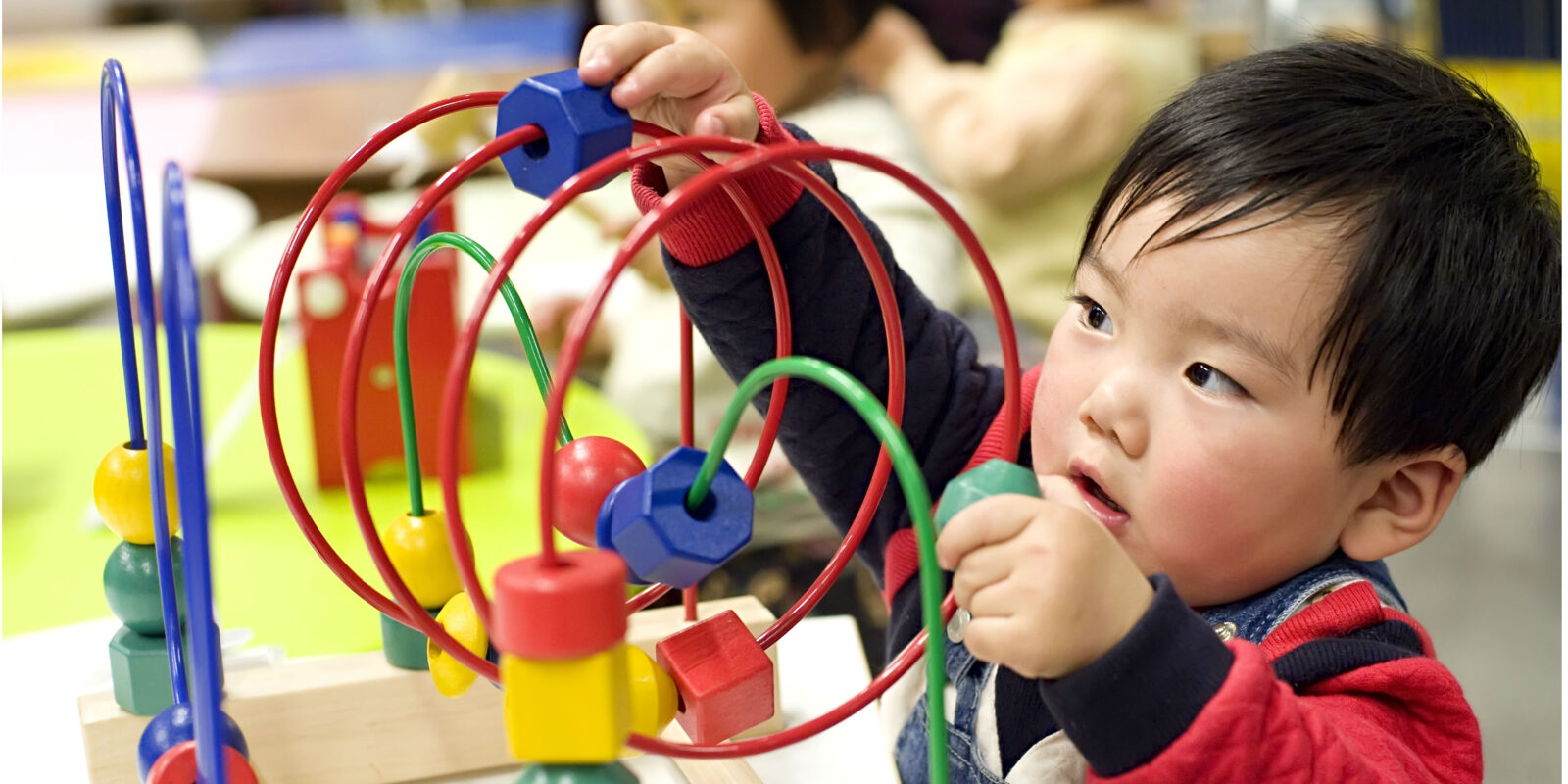New Policy Brief Examines Success of Early Head Start – Child Care Partnerships

This week, our partners at the Ounce of Prevention Fund (the Ounce) released a new policy brief that highlights the positive impacts of, and lessons from, implementing Early Head Start-Child Care Partnerships (EHS-CCPs) in six states and the District of Columbia. The Ounce’s report adds to a growing body of work about the benefits of the EHS-CCPs.
EHS-CCPs maximize the impact of federal Head Start grants and Child Care subsidy dollars through partnerships between Early Head Start programs and an array of local child care providers receiving funding through the Child Care and Development Fund.
Using EHS-CCP funds, the U.S. Department of Health and Human Services awards competitive grants to Early Head Start grantees that partner with local child care providers—both center-based and in-home providers–that serve low-income children receiving child care subsidies and agree to meet Head Start Performance Standards. Early Head Start grantees help their child care partners to meet these standards and provide comprehensive wrap-around services, such as developmental screenings, formula, and diapers, to meet children’s health, nutrition, and other comprehensive development needs. In addition to improving the overall quality of care, EHS-CCP funds benefit child care providers in a variety of ways, including paying costs for supplies, equipment, and facilities improvements; improving compensation, professional development, and training for child care staff; and reducing class sizes and adult to child ratios.
RELATED: See Early Head Start-Child Care Partnerships in Action with “All Our Kin”
As of 2017, the Partnership program had funded 32,000 Early Head Start slots for infants and toddlers, supported professional development for 8,000 early learning professionals, and partnered with 1,4000 child care centers and 1,000 family child care programs.
For their brief, the Ounce interviewed both people who administered partnerships and people who supported the implementation of EHS-CCP in their states. The research found positive benefits from the Partnerships including that they: empowered local community child care businesses to improve the overall quality of care, provided pathways for early childhood professionals to build new skills and competencies, and allowed states to leverage multiple funding sources to support local program quality.
In addition to the quality improvements and overall impact of the Partnerships, the report also highlights unique initiatives by states using the grants. For instance, Georgia worked to create regional hubs to better support community-based agencies who work with child care providers, and Louisiana piloted some planned reforms for child care systems.
The Ounce’s brief also includes key insights and opportunities for policymakers as they consider codifying the partnerships. First, the Ounce recommends permanently authorizing the partnerships and providing additional funding. In addition, they recommend building connections between Early Head Start and child care leadership at all levels of governance, encouraging more technical assistance to leaders, and clearer guidance to reassure states about opportunities to blend various funding streams.
EHS-CCPs are a promising way to improve the quality of infant and toddler care in a cost effective way. To read the full policy brief and see state profiles click here. The Ounce will host a webinar on January 24th to discuss the report, if you would like to register click here.
Subscribe to FFYF First Look
Every morning, FFYF reports on the latest child care & early learning news from across the country. Subscribe and take 5 minutes to know what's happening in early childhood education.


